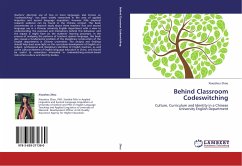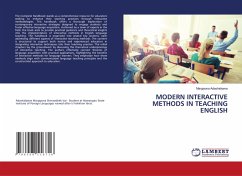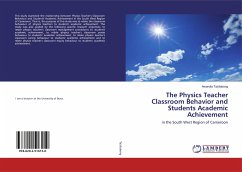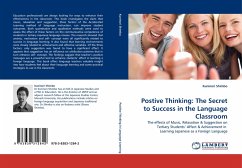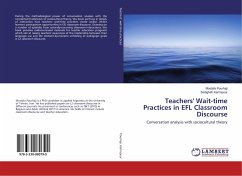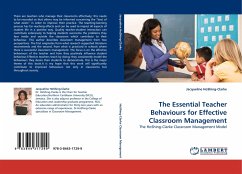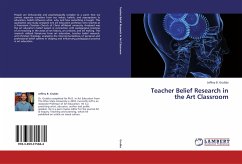Teachers alternate use of two or more languages, also known as codeswitching , has been widely researched in the area of applied linguistics and second language acquisition; however little empirical research evidence can be found in the Chinese context. This book concentrates on a research study about three teachers' first and second language use in a Chinese university English department with a view to understanding the purposes and motivations behind this behaviour and the impact it might have on the students learning processes. In the process of analysing the patterns of teachers' spoken language, this book also reveals a fundamental problem of the disciplinary construction of the English departments in Chinese universities. The analysis and findings should help shed some light on the curriculum development of English as a subject, professional and disciplinary identities of English teachers, as well as the cultural element of English language education in China, and should beuseful to researchers interested in codeswitching,content-based instruction,culture and identity studies.
Bitte wählen Sie Ihr Anliegen aus.
Rechnungen
Retourenschein anfordern
Bestellstatus
Storno

